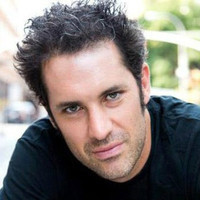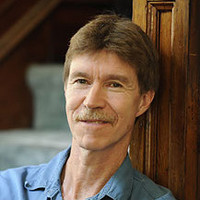Buzz Bissinger, a Pulitzer Prize winner, has written for Vanity Fair, The New York Times Magazine, GQ and more. He is the author of several books, including Friday Night Lights.
"It’s quiet. And I really felt I needed that quiet. People say, 'Well anger was your edge, and agitation was your edge, and that’s going to hurt your writing.' I don’t know, maybe. It may be that in order to live a happier life you become a shittier writer. I don't know. But I just couldn't live in that fashion anymore, I just couldn't. It would've destroyed my marriage. It was destroying me."
Thanks to this week's sponsors. Apply for the TinyLetter Writers Residency by September 26. And nominate your favorite soccer article for a chance to win a free Xbox One and EA SPORTS FIFA 15.
























